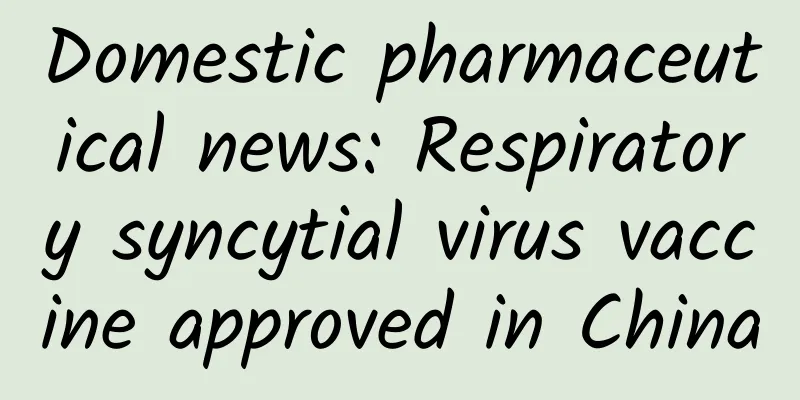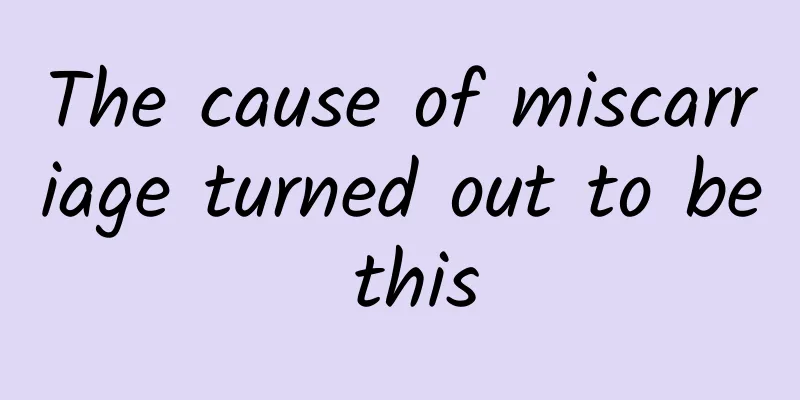Domestic pharmaceutical news: Respiratory syncytial virus vaccine approved in China

|
The world's first and only biological product for the prevention of respiratory syncytial virus (RSV) for all infants (healthy children or premature babies), " Nirsevimab Injection ", has been approved in China. The approval of this monoclonal antibody also means that China's newborns can obtain the world's most advanced RSV preventive "vaccine". Of course, the ingredient is not the antigen of the traditional vaccine, but " long-acting monoclonal antibody ." 【Effectiveness Data】 Previously, on June 9, 2023, Sanofi announced that the FDA Advisory Committee voted 21:0 to support the marketing of Nirsevimab, a long-acting respiratory syncytial virus antibody co-developed with AZ, for the prevention of RSV infection in newborns and infants who are about to enter or are born during the first RSV infection season. Image source: pexels A pooled analysis of Phase 2b and Phase 3 clinical trials showed that it provided 77.4% protection against hospitalization caused by RSV infection in full-term infants and premature infants ≥ 28 weeks of age. Data from Phase 3 clinical studies conducted in 21 countries and regions showed that after using this monoclonal antibody in full-term and premature infants, lower respiratory tract infections including bronchitis and pneumonia were reduced by 74.5% compared with the placebo group, demonstrating excellent effectiveness. Data from a Phase 3b clinical trial showed that Nirsevimab, a monoclonal antibody developed by the company against respiratory syncytial virus, " reduced" the rate of respiratory syncytial virus-related hospitalization in infants by "83% ." Vaccination provides protection against RSV infection for at least 4-6 months (monoclonal antibodies are not vaccines and do not provide particularly long-lasting protection, but are sufficient to protect children through the high-risk period). 【Application object】 I haven't seen the instructions yet, so I can only refer to the overseas approved applications: The Centers for Disease Control and Prevention (CDC) recommends that infants younger than 8 months old, who have just been born or are about to enter their first RSV epidemic season (usually fall to spring), use one dose of Nirsevimab, but there are three prerequisites: 1. The mother has not received RSV vaccine during pregnancy; Image source: pexels 2. The mother's RSV vaccination status is unknown; 3. The baby is born within 14 days after the mother receives RSV vaccine. In addition, one dose of nirsevimab is recommended for selected high-risk children aged 8 to 19 months who are at higher risk for severe RSV disease and are entering their second RSV season. Nirsevimab is recommended before or during the second RSV season for the following children aged 8 to 19 months: 1. American Indian/Alaska Native children; 2. Children with chronic lung disease of prematurity who require medical support within six months before the start of the second RSV season; Image source: pexels 3. Children with severe immunodeficiency; 4. Children with severe cystic fibrosis; Children 8 months of age and older should not be given nirsevimab unless they are at increased risk for severe RSV illness. 【Price and vaccination location】 After investigation, although no price information has been received yet, the price of 50 mg (suitable for infants weighing <5 kg) and 100 mg (suitable for infants weighing ≥5 kg) doses through private channels in the United States is US$495 per dose; the price of 200 mg dose is US$990 per dose (that is, two doses of 100 mg). As far as I know, this should be the first non-vaccine preventive biological product approved in my country to deal with specific infectious diseases. This product is not expected to be administered in vaccination clinics such as the health care department of community hospitals, but in hospitals or community hospitals with specialized pediatric departments. Personally, I think it will be used in obstetrics or pediatrics. willing =Pill= Disclaimer: This article was created out of personal interest, only to help more ordinary people have a clearer understanding of vaccines. The content and views do not represent any organization, unit, or institution, and it has not accepted any form of sponsorship. All pictures are from public online platforms. If the content is incorrect, please do more self-criticism (not). |
<<: What is the difference between adzuki beans (Xudou) and red beans (Rice beans)?
Recommend
Is a man worth it? Uncover the secrets behind the top ten women's cheating
After starting a family, most women will devote t...
What are the colors of fertilized egg implantation bleeding?
Having a baby is almost the most important thing ...
Breast cancer screening
Breast cancer is a disease that women are afraid ...
What are the disadvantages of women sleeping naked?
Everyone knows that sleeping is a very relaxing p...
How to communicate with friends who are suffering from depression
Depression is the most common mental illness toda...
What method of abortion does not harm the body
With the opening up of society, sexual life is a ...
How long does it take to get menstruation if the endometrium is 9mm?
Normally, the thickness of a woman's endometr...
What is Lamaze labor breathing?
Lamaze labor breathing method? Have you heard of ...
Routine gynecological care
To prevent gynecological inflammation, you need t...
Where in Sichuan are lychees produced (a specialty of Hejiang, Sichuan, with dozens of varieties)
...
What should a girl do if she grows a beard?
For girls, being beautiful is a very happy thing,...
"Red Heart" Sugarcane is Sweeter? Don't Eat Foods with These Conditions →
Will steamed buns that are frozen for more than t...
Is it safe to have sex on the third day of your period?
Is it safe to have sex on the third day of menstr...
Lower back pain in early pregnancy
Pregnancy is a special period that most women hav...
Is there any way to speed up menstruation?
Most female friends often encounter the problem o...









